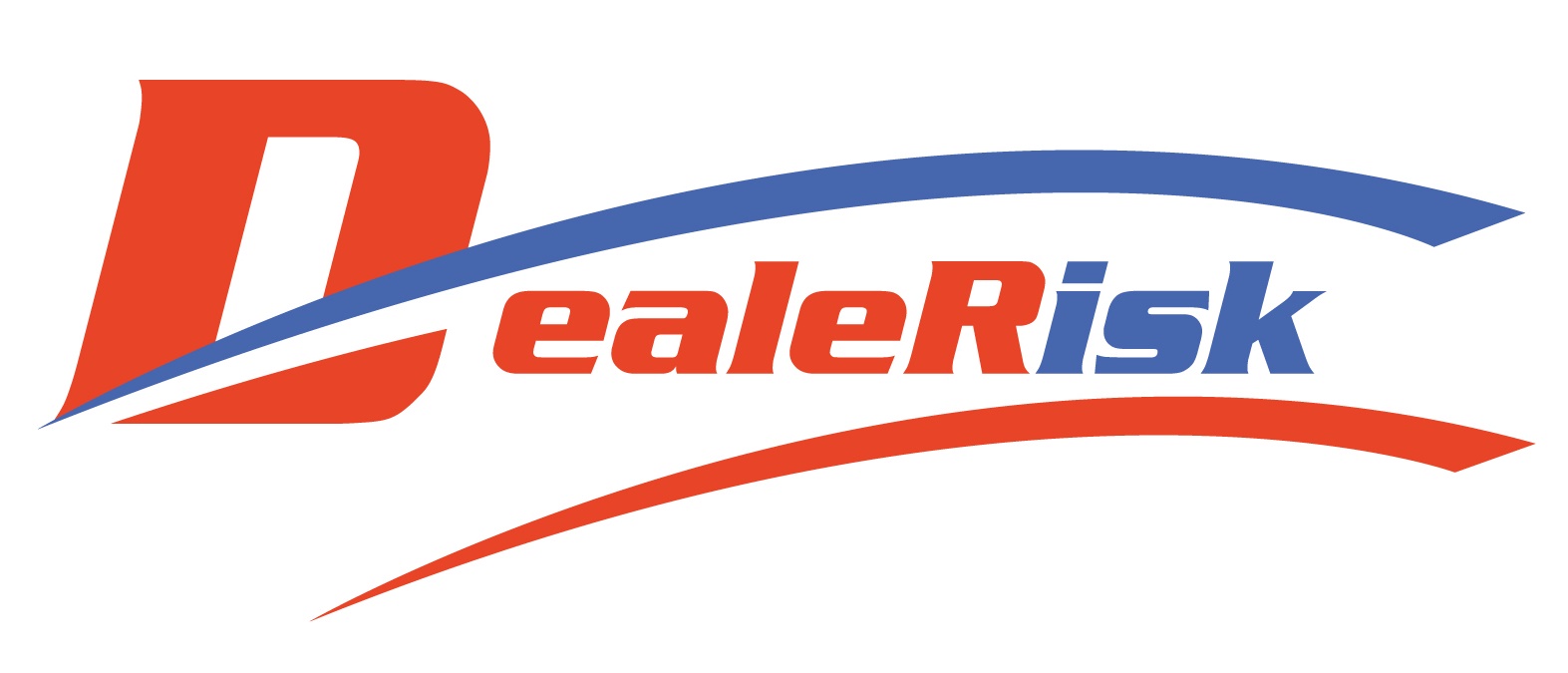5 Reasons to Run Your Own Driving Records
Written by Eric Petersen, CIC
You hire a new employee and let your insurance company know that they’ll be driving for you. A week or two later, you get a call from your insurance agent saying the new employee cannot be a driver because their driving record is terrible. Now you have a new employee who you don’t know what to do with because driving for your company is a requirement of the position that you hired them for. Sound familiar?
Of course it does. Every dealership has had issues with drivers and their insurability. However, the insurance issues are only a small part of the equation when it comes to managing your drivers.
At DealeRisk, we recommend that all dealerships pull driving record reports on all drivers, before they are hired and at least once per year while they are still employed with the company.
When a dealer takes driver management into their own hands they begin to take back some control of the risk that their company faces every day when their employees are out on the road driving their company vehicles.
In this article, I’ll give you five reasons to run your own driving records internally as part of your driver management. Pssst…a little hint, if number 1 isn’t enough for you, number 5 should be the deciding factor for instituting a driving record review process at your dealership.
- Less Accidents – Obviously, no dealership wants to have their employees and vehicles involved in an accident, so the first step in avoiding them is to ensure the drivers operating your vehicles have a good driving history. I know you cannot entirely predict the future solely on looking at information from the past, but you can get a strong indication of how the employee may drive for you by reviewing their past driving history. If the driver has a history of accidents and/or other moving violations, the chances that they will get into an accident with your vehicle are greater than that with employees who have a clean driving record.
- Hiring Decision – By running the driving record yourself, you will immediately receive the information needed to make the proper hiring decision and avoid an awkward and potentially dangerous situation if you find out the new employee is a terrible driver after they have already been behind the wheel of one of your vehicles. Eliminate this risk by knowing about their driving record before you hire them.
- Expectations for Employees – Instituting a driving record process within your company, provides clear expectations for potential and current employees on their driving record. If their position requires them to be eligible to drive, wouldn’t it be a whole lot easier if you just told them up front what those requirements will be? Many times when the insurance company tells you that a driver isn’t eligible to drive, it is for a long time employee. This just exacerbates the problem as it is probably someone who’s experience would be sorely missed if they cannot drive for the company. Establishing the expectations of what is accepted and what is detrimental to their employment, allows everyone to understand their responsibility in taking care of their own driving record.
- Lower Auto Insurance Rates – We all know that insurance companies don’t want to see their insured dealerships have vehicular accidents. Therefore, they will reward companies who have the best accident history and written policies and procedures with the lowest rate that they can. To do this, though, they need proof of what the dealer is doing to prevent the accidents from happening and the way you handle driving records within your company is the largest negotiation point you have. Showing the insurance company your driving record guidelines and the process you use along with the frequency of when you check the driving records will help tremendously when trying to lower the cost of your Business Auto Insurance.
- Duty of the Employer – I may have listed four other reasons before this, however, this is really the only reason you need to start pulling your company’s driving records. Have you ever heard of the phrase “negligent entrustment”? This is the basis that plaintiff attorneys use when suing a business for damages from a bad auto accident. The principle is simple, when a business allows someone to drive their vehicle they are entrusting them to operate it safely. If that driver ends up injuring or worse, killing another person, the business is held responsible for the actions of the driver. If the business did not review the driver’s driving record, they have negligently allowed them to operate the vehicle. Obviously, once the plaintiff attorney sees that the business did not take reasonable steps to prevent the accident, like knowing what the driver’s driving record is, they go after large settlements. It is the duty of the employer to have a process in place to monitor drivers and their records. Also, due to the Fair Credit Reporting Act, your insurance agency/company can only order a driving record for underwriting purposes, meaning to assess the likelihood of an accident, not for employment reasons. So asking your insurance agent/company for driving records does not fulfill your duty as the employer.
Ultimately, by running your own driving records, you are taking control of the risk that your drivers and vehicles bring to your company and lessening the headaches that come with problem drivers. Check out this article to learn how to set up a Driver Risk Management procedure within your company.
Lastly, if you are looking for one-on-one help in managing your drivers, sign up for our Thrive Security and Safety Package today.


Recent Comments